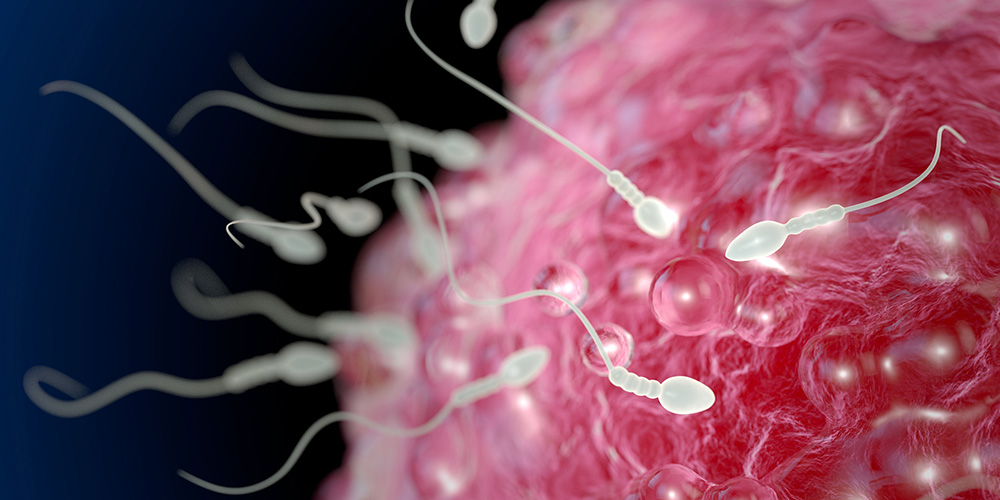An international study led by the University of Basel has discovered that nuclear pore complexes – tiny gateways in the nuclear membrane – are not rigid or gel-like as once thought. Their interiors are dynamically organized, constantly moving and rearranging. The findings reshape our understanding of a vital transport process in cells and have implications for diseases and potential therapies.

For more than two decades, researchers at the University of Basel have been investigating a severe form of muscular dystrophy in which muscles progressively degenerate. The research team has now discovered that the muscles’ ability to regenerate is also impaired. Future therapies should therefore aim not only to strengthen muscles but also to promote their regeneration.

Sexist harassment on online platforms discourages young women from getting involved in politics, as shown by a new study by the University of Basel. The consequences are not only borne by those directly affected, with democracy also being harmed.

Researchers at the University of Basel have developed a new approach to applying thermodynamics to microscopic quantum systems.

The drug dexamethasone supplements cancer treatments to alleviate side effects of chemotherapy such as nausea or inflammation. Researchers at the University of Basel have now discovered that it also fights metastases in certain types of breast cancer.

Our body’s “blood factory” consists of specialized tissue made up of bone cells, blood vessels, nerves and other cell types. Now, researchers have succeeded for the first time in recreating this cellular complexity in the laboratory using only human cells. The novel system could reduce the need for animal experiments for many applications.

Marine microorganisms produce large amounts of nitrous oxide, a highly potent greenhouse gas. A Basel-based researcher investigated the exact processes involved during an expedition to the Pacific. The results are important for climate modeling.

State-of-the-art AI programs can support the development of drugs by predicting how proteins interact with small molecules. However, researchers at the University of Basel have shown that these programs only memorize patterns, rather than understanding physical relationships.

Once a sperm has broken through to an egg cell in order to fertilise it, the two cells need to hold together tightly. This occurs via a type of protein binding that is among the strongest in biology – and it is also unique.

